What does 'reserve' mean on New World wines?
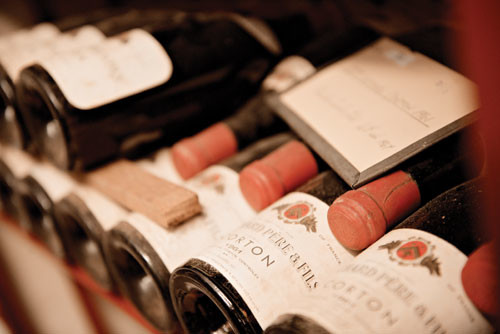
G Tunstall, Lincolnshire asks: I know riservas and reservas have appellation restrictions in Italy and Spain, but how about if a New World wine is labelled ‘reserve’ – is this a better wine or just a marketing tool?
Stephen Brook, Decanter contributing editor, replies: It is one of the advantages of wine production in the New World that it is far less constrained by rules and regulations than much of Europe.
The drawback is that labelling terms such as ‘reserve’ are undefined and thus meaningless. A ‘reserve’ bottling will certainly be pricier than a non-reserve from the same producer, and it may well be better, but there is no guarantee that this is so.
Related article:
WSET: Common labelling terms that show quality – Spain, Portugal, USA
WSET: Common labelling terms – rest of the world
News: Chinese customs rejects thousands of wines due to ‘inadequate’ labels
Column: Tips to spot a fake wine from its label - the EU edition
Reputable wineries will use the word ‘reserve’ to designate a wine from an outstanding parcel, or from the best barrels in that vintage, but they are not obliged to follow such criteria. Nor is the Old World without fault.
There is at least one leading Alsace producer for which ‘reserve’, annoyingly, signifies ‘entry-level’. In Italy and Spain the terms have legal definitions but are still not absolute guarantees of higher quality.
Other questions to Ask Decanter:
Hints of vanilla means American oak?
How to tell if a wine is warm or cool climate?
Translated by Sylvia Wu / 吴嘉溦
All rights reserved by Future plc. No part of this publication may be reproduced, distributed or transmitted in any form or by any means without the prior written permission of Decanter.
Only Official Media Partners (see About us) of DecanterChina.com may republish part of the content from the site without prior permission under strict Terms & Conditions. Contact china@decanter.com to learn about how to become an Official Media Partner of DecanterChina.com.

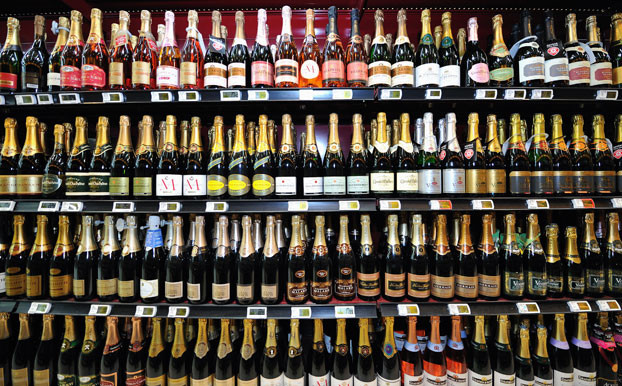
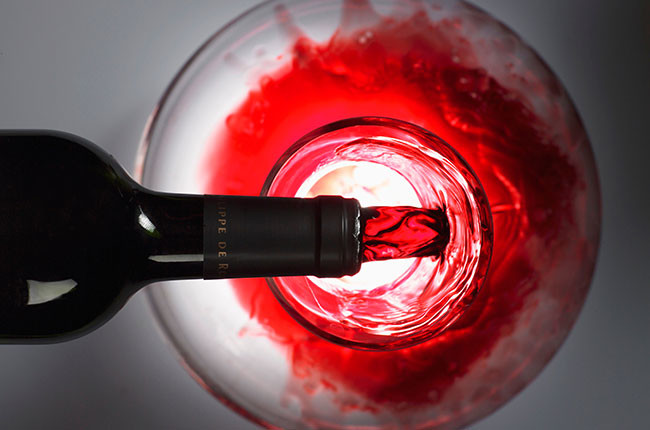



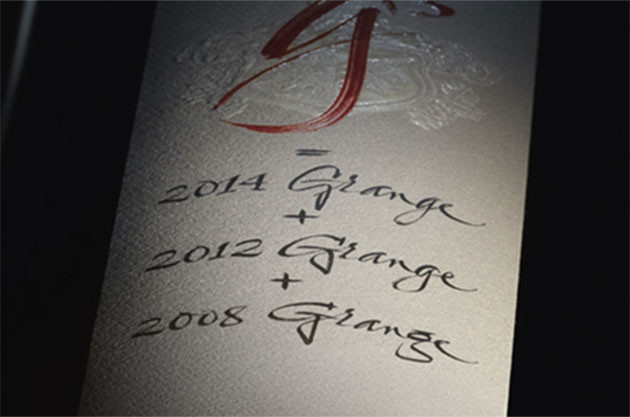


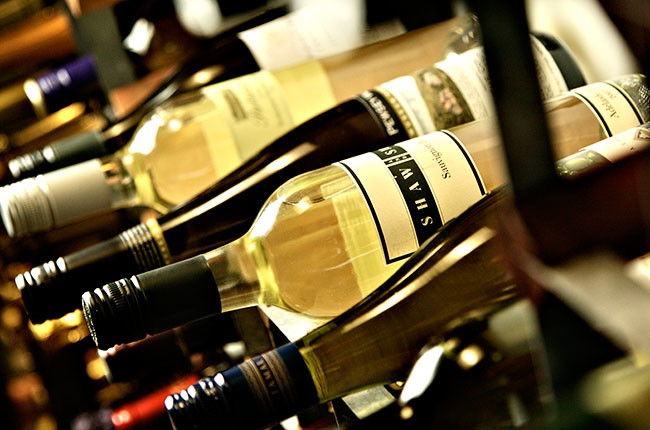

Comments
Submit